What Happened to My Fuel Economy?
You notice that suddenly your vehicle seems to be getting worse gas mileage than it did awhile back. Why? What happened?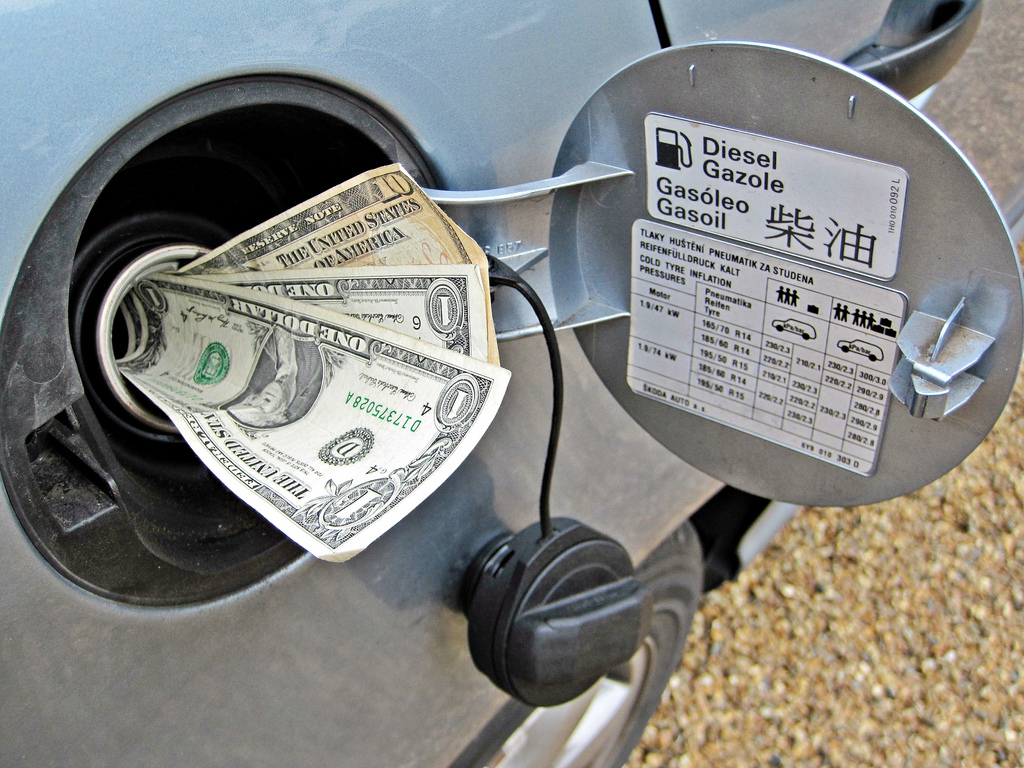
Like with most things on your vehicle, there can be numerous problems at the root of poor fuel economy. Let’s start with the simple ones and work our way to the more complicated issues:
Tires: This one’s easy. Underinflated tires mean more rolling resistance (think about riding a bike with a low tire), and more rolling resistance means poorer fuel economy. Check your tire inflation at least once a month, while the tires are cold, using a good quality tire gauge. Even a pound or two of underinflation can be enough to cause problems!
Air filter: The air filter is made of pleated paper or fabric elements which pre ...[more]
How To Maintain A New Car
So you got a new set of wheels – congratulations! You’re going to want to hang onto it as long as possible, so you’ll want to keep it maintained as well as you  can. Here are some suggestions:
can. Here are some suggestions:
First, read the owner’s manual carefully and stick to manufacturer’s recommendations for service intervals. There are certain things that are critical enough that failure to adhere to recommendations can void a new car warranty. Don’t let that happen!
For instance, just about every manufacturer recommends synthetic oil for their engines; it provides better protection in just about every respect, and it’s more stable at high and low temperatures. If your owner’s manual prescribes a 10,000-mile oil change, stick with that and be sure to use the bra ...[more]
Spark Plugs – How Often Should They Be Replaced?
In the old days, a tune-up was necessary about every 35,000 miles. It would usually consist of setting the ignition timing, replacing the mechanical breaker points in the ignition, cleaning and adjusting the carburetor and replacing the plug wires and spark plugs. Today, of course, the carburetor’s job is done by fuel injection and the ignition timing and spark are controlled by the engine computer. Few vehicles still have plug wires anymore either, as the distributor was replaced by the computer and a coil-on-plug design which delivers a spark at each spark plug.
But what about the spark plugs themselves, though? How often do they need to be replaced now?
Manufacturers tout an 80k-100k mile service interval on spark plugs now, thanks in part to improvements in plug design and materials. That might be stretching it, however. Remember that if you have a 100,000-mile spark plug, its electrode is worn down 4/5 of the way at 80,000 miles. A worn ...[more]
Uh Oh…My Check Engine Light Is On
So you come out to start your car one morning and the Check Engine light on the dashboard comes on…and doesn’t go back off again. You can’t really notice any difference in the way the car runs and drives, but it’s on anyway.
What does it mean?
Since the late 80s, most engine functions have been controlled by a central drivetrain computer. This includes emissions controls, fuel metering and delivery, ignition timing, shift points and many other elements of drivability and performance. The drivetrain computer relies on information from a chain of sensors that monitor exhaust composition, camshaft position, throttle position and many other factors.
The voltage readings from any of these sensors are supposed to fall within a certain range. When ...[more]
Get Your Car Really, Really, REALLY Clean!
It can be a lot of work and attention to detail to get your car really clean…especially if it’s pretty dirty to start with…but here are some ideas for truly thorough cleaning that you may not have thought of!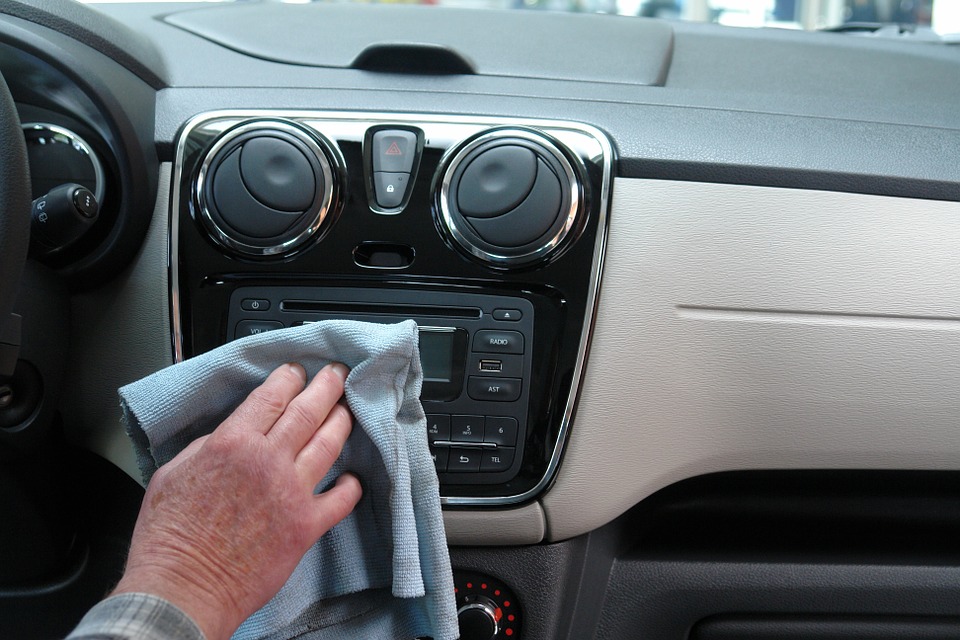
--A cheap foam paintbrush can get into crevices (like A/C vents) that might be impossible otherwise. As you loosen up dust from these spots, keep a vacuum cleaner nozzle at work in your other hand to suck up the dust and prevent it from settling other places.
--A soft-bristled brush is perfect for cleaning around radio knobs and other buttons.
--While you’re cleaning, don’t forget to locate your cabin air filter and replace it. A dirty cabin air filter can lead to a lot of odd smells and stinks. Check your owner’s manual; cabin a ...[more]
Are You Ready For A Roadside Emergency?
Yeah, yeah…your vehicle’s fairly new and you take care of it, and you’ve even got a membership in AAA. That doesn’t mean that your chances of 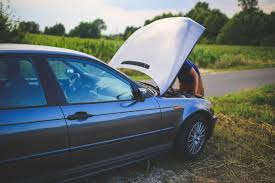 ending up in a tight spot are zero. It’s just common sense to be prepared with a trouble bag in your car. Here’s a pretty good rundown of things you should keep in a car emergency kit:
ending up in a tight spot are zero. It’s just common sense to be prepared with a trouble bag in your car. Here’s a pretty good rundown of things you should keep in a car emergency kit:
Fully charged cell phone: You may want to consider a cheap prepaid “burner phone” with a long battery life and keep it strictly in the car. If nothing else, at least keep a charged-up power bank on hand.
First-aid kit: At a bare minimum, a first-aid kit should include gauze pads and bandage tape, aspirins, antiseptic wipes, scissors, antiseptic cream or ointment, Band-Aids, rub ...[more]
So You Think Some Traffic Laws Are Nuts?
Yes, there are plenty of traffic laws in certain areas that don’t make much sense. Here, though, we present a collection of traffic laws from other parts of the world that are just bizarre:
--In Thailand, the law states that no driver, male or female, shall ever drive without a shirt.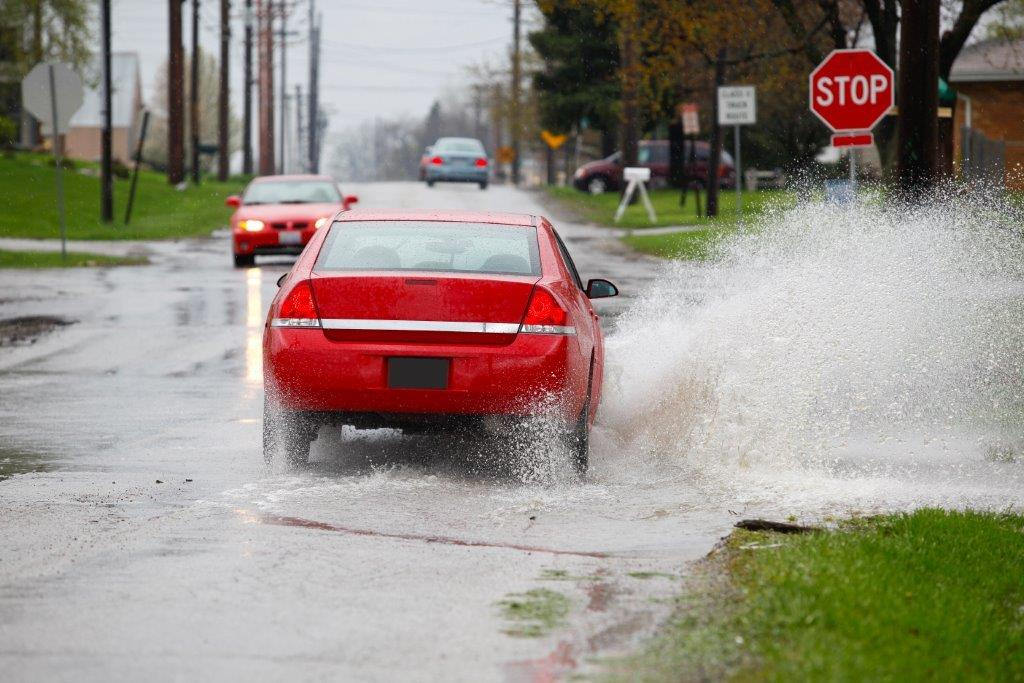
--In South Africa, “the driver of a vehicle on a public road shall stop such vehicle at the request or on the signal of a person leading or driving any bovine animal, horse, ass, mule, sheep, goat, pig, or ostrich on such road.” Or face a $500 fine.
--Splashing a pedestrian with water is illegal in Japan.
--In Montana, you can forget about driving with a sheep in the truck unless the sheep has a chaperone... and the state of Alabama had the presence of min ...[more]
Your Car’s an Investment – Protect It
You rely on your car every day, and you have a lot of money tied up in it. It’s probably one of the more valuable things you own…so make sure you get the most out of that investment:
Oil changes: Changing your motor oil at regular intervals will ensure long engine life by cutting wear and friction and helping to prevent the buildup of sludge  and carbon on internal engine assemblies.
and carbon on internal engine assemblies.
Cooling system: Older cast-iron engines could overheat with no serious consequences, but not so with today’s aluminum blocks and heads. Your engine’s coolant has a finite life and should be changed and flushed at regular intervals to prevent accumulation of scale and corrosion in the radiator, heater core and water pump.
Finish: ...[more]
Make Sure Your Car's Ready For Winter!
You know that winter and bad weather are coming. Is your car ready? Here’s a quick checklist of things to get up to speed on:
Motor oil: Motor oil has a tendency to thicken in cold weather, making it harder to circulate to upper engine parts at startup. If you haven’t ever used synthetic oil 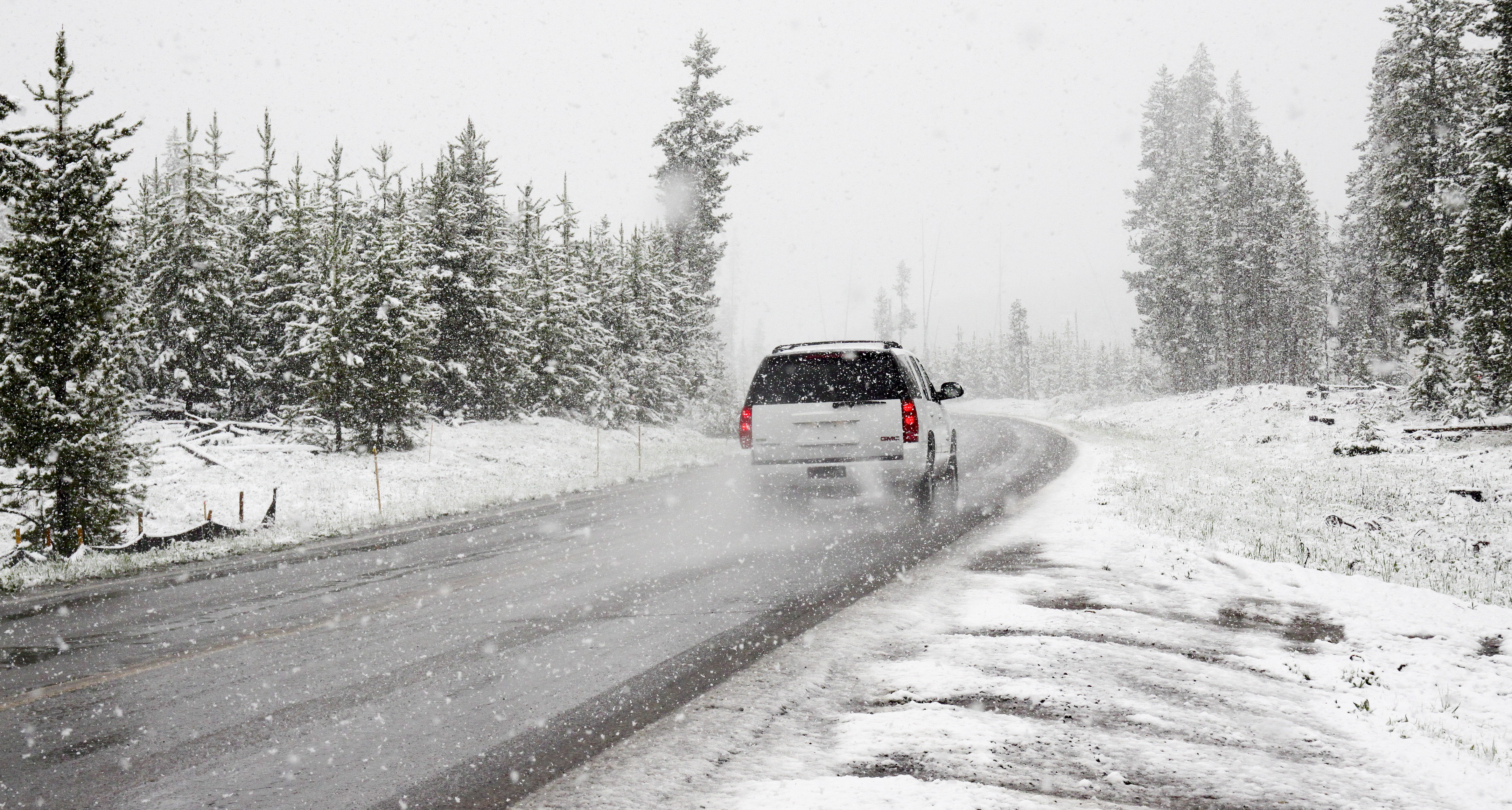 before, this might be a good time to start. The flow properties of synthetic oil are a lot more consistent, meaning it doesn’t thicken in sub-freezing temperatures or thin out when it’s hot outside.
before, this might be a good time to start. The flow properties of synthetic oil are a lot more consistent, meaning it doesn’t thicken in sub-freezing temperatures or thin out when it’s hot outside.
Wipers: Even the best windshield wipers only last about a year. If your wipers are showing cracks or chips or losing strips of rubber, go ahead and replace them. Don’t forget to refill your washer fluid reservoir…you’ ...[more]
Things To Look For When Buying a Used Car
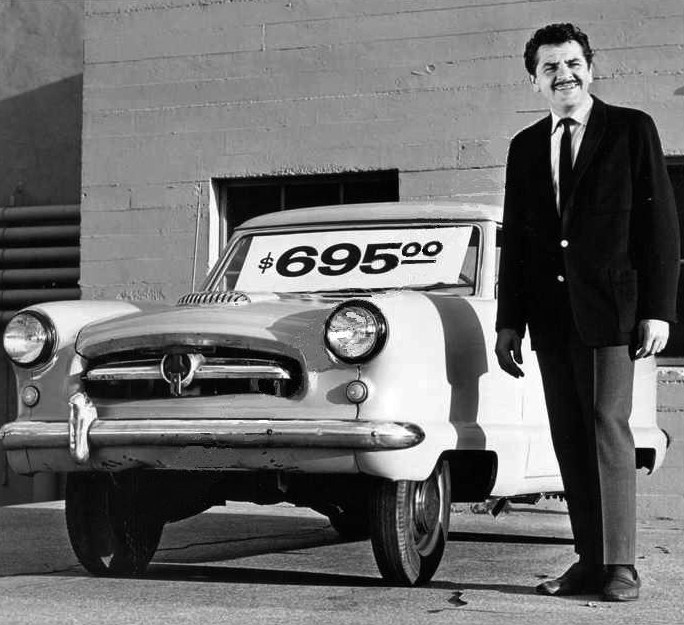 technician can use onboard diagnostics to get a good picture of what's going on under the hood and what problems might be coming up.
technician can use onboard diagnostics to get a good picture of what's going on under the hood and what problems might be coming up. | << Previous | 34567891011 | Next >> |



